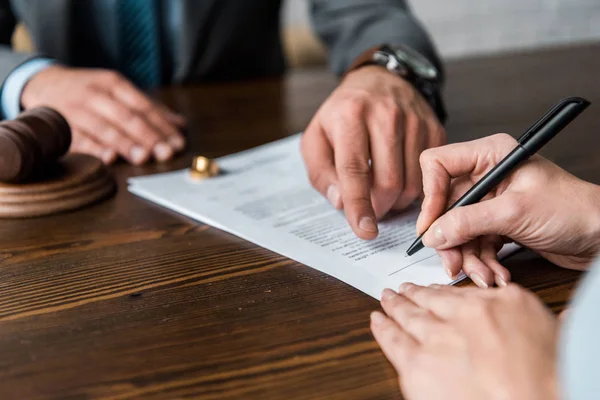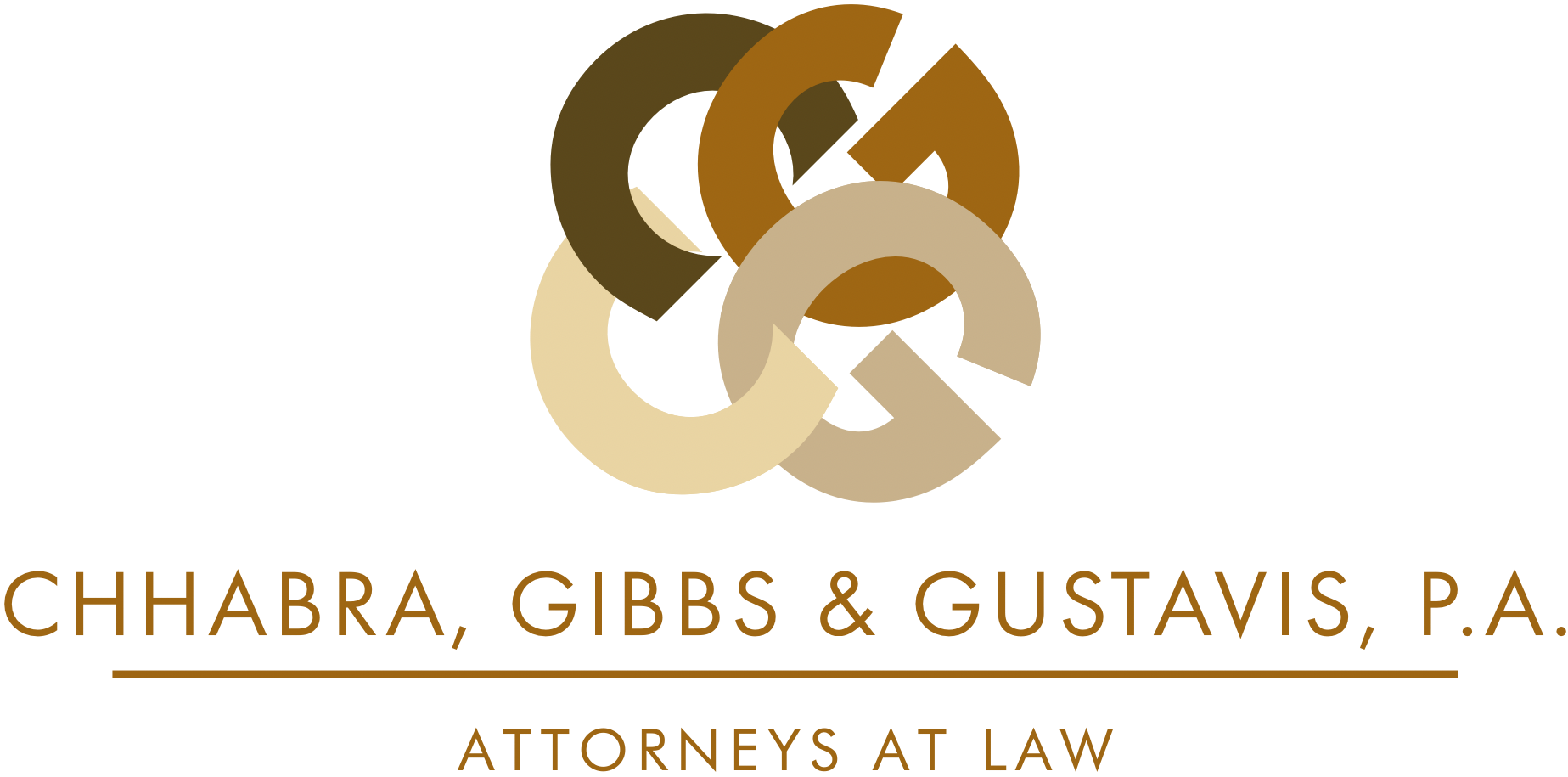Why do lawyers use legalese?

First, let’s define legalese. Dictionary.com defines legalese as the formal and technical language used in legal documents that is often hard to understand. You have to be kidding me. Why would lawyers write anything that is hard to understand? Shouldn’t they be writing with a style that the reader can easily understand? Is that not more persuasive? More credible? More relatable? It makes many of us wonder, why do lawyers use legalese?
I dug around to find out. No fancy research was used here; just plain Google.com. I found some interesting theories. Some old terms have been battle tested in court and are no longer vague. Even though these words or phrases are not used in common English, they have a firm meaning that one can rely on in a court document. Old words like chattel or mandamus may not be normal to hear at the factory break room, but they have firm meanings in legal speak. I can see the point of that. Another theory is that normal language leaves people trying to understand what is being said, while legal language causes people to try to misunderstand what is said. This makes sense, but it highlights a sad reality of the mischievous goal that lawyers have when they write. Truth should come before trickery. Wordsmith gamesmanship may have been effective or cute a century ago, but modern society and our reading audience deserve better from us.
Let’s accept that some legalese has some meaningful purpose in legal documents where Judges who have law degrees are the primary audience. But even the modern lawyer prefers an easy read over a King James Version of a brief. We can do better. Lawyers should be cognizant of whether a legalistic word has to be used or whether reader friendly words can have as firm of a meaning. Where plain language can be used, it should.
There are many words used in almost all pleadings by almost all lawyers that are silly. For example, the phrases “comes now” and “wherefore premises considered” are weaved into the fabric of our pleadings. Why? If a pleading is filed by a party, is it not clear that the party is “coming now” to ask for relief? And at the end of the document, does a party really need to say “now that you’ve considered the basis of my argument, here is what I am asking for? Why not start every document with a cite to the rule which permits or directs its filing and end every legal document with a pointed request of what you are asking for? This had bothered me for a long time. Yesterday, I decided I had enough. I deleted the legalese nonsense from a pleading I filed. The irony is I am mildly insecure about it. Will the reader think I’m stupid because I’m not acting in compliance with hundreds of years of unnecessary habits? Or will these judges be grateful that I skipped all the nonsense and got straight to the point? I hope it’s the latter. I may never know, but we have to start the change somewhere.
A similar and related issue is how lawyers use unnecessary words or phrases. These may not be legalese, but they are lawyerly junk words just the same. Some examples of meaningless phrases often used are “as you are aware” or “‘it is my understanding.” Other words that add nothing substantive are “‘essentially” and “basically.” All of these words and phrases have one thing in common: they project insecurity. Why would lawyers be insecure? I don’t know, but the majority of us are. We want to be careful not to be judged for lying or dumb. So, we use hedge words even when we know we are telling the accurate truth. The irony here is that I’ve gotten to the point that when I see the hedge words, I assume the lawyer is not telling me everything. Now, I’m consciously eliminating insecure words from my language, whether written or spoken. If you hear me say one or if you read one I write, please tell me.
How do we stop it?
The bench and the bar should encourage each other to untether from centuries of meaningless but annoying tradition. We should not talk above people or try to sound smarter than we are. We shouldn’t fill pages of space with words that don’t meaningfully add to the document. Our profession should be relatable to all those we claim to care about and represent. The way we stop legalese is to have open discussions about it and implement legalese deletion as often as possible in documents until we all get used to using normal language.
At Chhabra & Gibbs P.A. we strive to make the legal process as easy as possible for our clients to understand. We handle all types of personal injury claims from car accident claims, and slip and fall cases, to workers’ comp claims, and more. Our firm has been helping those that are injured get the compensation they deserve for over 25 years. If you or a loved one is injured, contact us for a FREE consultation at 601-948-8005. We are available 24/7 and ready to Fight for You!

